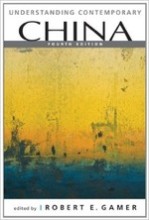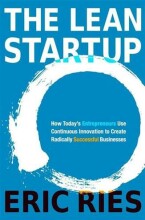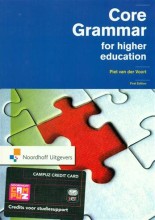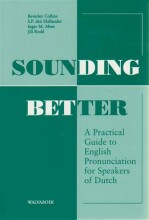China's Economhy - From Revolution to Reform
14 important questions on China's Economhy - From Revolution to Reform
Describe the economy of China at the time of the fomation of the People's Republic.
What were the economic priorities of Mao Zedong in the cities when the People's Republic was formed?
How did Mao Zedong try to bring down inflation and reestablish production?
- Higher grades + faster learning
- Never study anything twice
- 100% sure, 100% understanding
What did the First Five-Year Plan entail?
Was the First Five-Year Plan a success?
Why was Mao Zedong unhappy with the Soviet Development strategy despite the success it brought to China?
Because Mao Zedong was unhappy with the Soviet Model, he experimented with his own model. What measures did this include?
What was the consequence of Mao Zedong's experimental development model?
How did the party leaders (besides Mao Zedong) try to improve the economic situation after the collapse of the Great Leap Forward?
How did Mao Zedong respond to the other party leaders who wanted to return to the more traditional methods?
Why was the Cultural Revolution less direct disruptive to economic production than the Great Leap Forward?
How did the Cultural Revolution harm China's economy on the long-term?
What was a positive legacy of the Cultural Revolution in terms of economic development?
How did Deng Xiaoping put his new knowledge about economic development into practice when he regained power?
The question on the page originate from the summary of the following study material:
- A unique study and practice tool
- Never study anything twice again
- Get the grades you hope for
- 100% sure, 100% understanding































